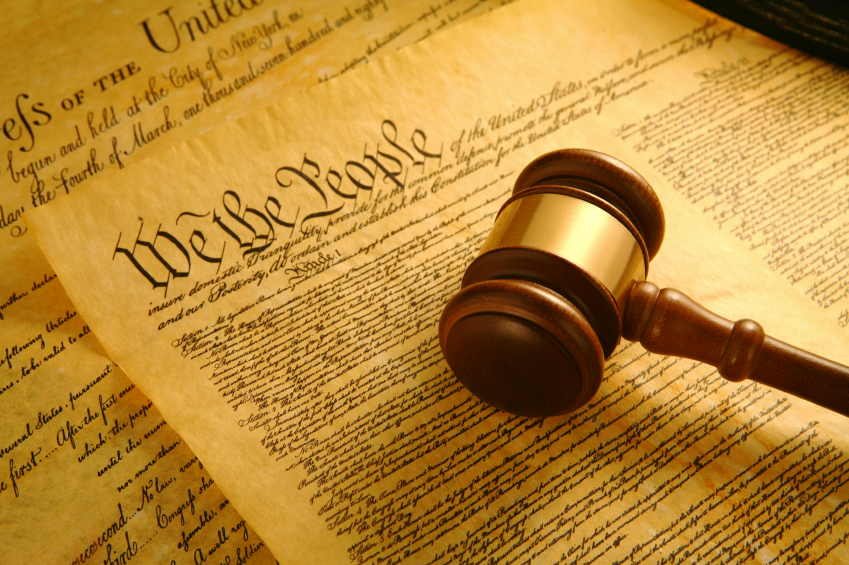Pro Se / Pro Per Civil Litigation
Represent Yourself with Professional Documents
Give Yourself Every Advantage to Win

Our Document Preparation Services Can Help You
ABOUT
Summons & Complaint Package
Starting at $650
Our most popular package! Includes Civil Complaint or Answer, Summons, Filing and Runner Service, and FREE Notary.
Quiet Title Package
Starting at $1000
Our 2nd most popular package! Includes Complaint to Quiet Title, Summons, Notice of Lis Pendens (Court and County Recorder), Affidavit of Posting or Affidavit of Service by Publication, Filing and Runner Service, and FREE Notary.


Void Judgment Package
Includes Motion or Petition to Vacate Void Judgment, Memorandum in Support, Filing and Runner Service
Starting at $850
Key Benefits
Represent yourself as a pro se or pro per litigant.
Save money that you would have spent on legal fees.
Always be in compliance with court rules, civil procedure, and statutes.
Properly exercise your constitutional right to be heard in a court of law.
FAQ
Common Questions About Pro Se/Pro Per Litigation
As a self-represented party in court, you are at a significant disadvantage unless the other party is also self-represented. Pro se and pro per litigants may be held to the same standards as attorneys, which requires correct document form and content. Our services can help you properly plead your case.
Here’s what is included in your Summons & Complaint Package:
- Civil Complaint or Answer
- Summons
- Filing and Runner Service
- Service of Process
- FREE Notary
“Pro se” is Latin for “in one’s own behalf” or “for oneself”. Any natural person can represent themselves in court without an attorney. Artificial persons such as corporations, LLCs, partnerships, trusts, and estates are required to have an attorney speak for them in court. When representing yourself, this means you are personally responsible for moving your case and responding to the other side throughout the litigation process.
You have to prepare and file your own documents, and you cannot ask the other side’s attorney for help. In some courts you may be given a little bit of leniency because of your lack of formal legal education. However, court rules generally hold pro se litigants to the same standard as practicing attorneys. So, any leniency granted to you will be up to the judge. This can be a problem if you are summoned to a deposition because you will not have the benefit of counsel to object and intervene.
“Pro per” is Latin for “in their own person.” Pro per is short for “in propria persona” (in proper person). Any natural person can appear this way in court without an attorney. An artificial person such as a corporation, LLC, partnership, trust, or estate cannot appear pro per because their personhood is what is called a legal fiction. A legal fiction is something that is false in reality, but the law pretends it exists so that courts can adjudicate matters involving it.
A bench trial happens when the plaintiff chooses to have the case decided by a judge instead of a jury. Everyone has a right to trial by jury and the privilege of trial by judge.
Most civil lawsuit filing fees are $250-$375. Some civil cases, such as probate and other administrative proceedings, may have significantly less filing fees. All filing fees are published by the clerk of court.
A Faretta hearing is a hearing in front of the judge to determine if a criminal defendant is competent to represent themselves pro se. It is based on your 6th Amendment and 14th Amendment right to self-representation if you are charged with a crime in any state or federal court.
In Faretta v. State of California, 422 U.S. 806 (1975), the US Supreme Court recognized that a defendant cannot be validly convicted unless they have been offered the assistance of counsel. The purpose of the hearing is to get it on the record that you were offered counsel and determined to be mentally capable of defending yourself once you refuse to be represented by an attorney. Faretta hearings do not happen in civil cases.
An early case conference is the first meeting both parties have in a civil case to discuss the overall issues and plans for going forward. This is mandatory in most places now. Generally, you will talk about the witnesses you may call, the documents you may rely on, and the timeline for when discovery will be done. You and the other side can file a joint case conference report based on the meeting unless the meeting didn’t go well. In situations where there is much disagreement during the meeting, each party will have to file their own individual case conference report.
A civil lawsuit can take anywhere from a few months to a few years depending on the complexity of the case. Most civil lawsuits are settled out of court, but even then it could take a long time to get to that point depending on how complex the issues being negotiated.
Generally, after filing your lawsuit you will first need to serve the other side with the initial documents. After you have served the other side, they usually have 20 days to respond. Depending on how or if they respond, you will either go forward with an early case conference, or file for a default judgment if they failed to respond. If you file for default judgment, it may be granted without a hearing in many cases. However, after the early case conference, you should be granted a scheduling order by the court administrator, which will tell you when the first pretrial hearing will take place.
If you have just been served with a civil complaint, the first thing you should do is contact an attorney for a consultation. Once you understand the case you’re in, you can better decide if it will be better to defend yourself or be defended by an attorney.
We can help you by preparing your discovery request documents, such as subpoenas, requests for admission, interrogatories, motions to compel discovery, and responses.
If the other side does not cooperate in spite of repeated attempts to work with them or there are any shenanigans during the discovery process, you always have the right to a hearing on a motion to compel discovery, which will get you before the judge sooner than the pretrial hearing date.
No, but you may be able to demand reasonable compensation for your money spent on legal document preparation and other research services. We provide all clients with a receipt so that you have evidence of your expenses.
If you cannot locate the person to serve them the court papers, you still have 3 options:
Perform a skip trace yourself to locate them.
If you can’t do it yourself, you can hire a private investigator to locate them.
If the private investigator still cannot find them, you can publish the summons in the legal notices section of a newspaper of general circulation. The law usually requires you to run the notice for a minimum of 4-6 weeks.
No, we do not provide legal document preparation services to criminal defendants. We strongly recommend you hire the best criminal defense attorney available.
No, we do not provide legal document preparation services to criminal defendants. We strongly recommend you hire the best criminal defense attorney available.
Generally, we do not provide legal document preparation services to criminal defendants. In traffic cases, there are some minor filings we may be able to prepare on a case-by-case basis. Please contact us for specific information regarding your situation.


